(ThyBlackMan.com) Do I lose my Black card if I say I’m over Black History Month. If so you can have it because the month of February being dedicated to Black history is a noble occurrence I know longer agree with.
One week into Black History Month and we’ve already got the calls for a White History Month and the evolution of President Obama’s stance on gay marriage illustrated from ape to POTUS. And then there’s this.
[youtube XGeMy-6hnr0]
I saw the above video and had to just stop all that I was doing.
Am I surprised some White people and even some Blacks don’t know anything about Black History Month. Not at all. But do their answers bother me to my core. Yes.
First of all, Black History Month is more than just Martin Luther King Jr. He is a large piece of a larger movement that started long before he was born. Second of all, Black historical figures don’t only exist in a vacuum of the past. 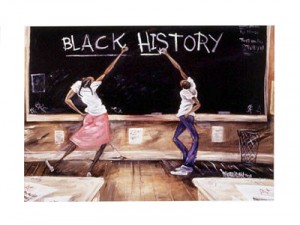 President Obama, like him or not, is a Black historical figure. He’s the first Black President ever. That’s history. Third of all, Black people are more than fried chicken and grape drink, Jay-Z, ebonics and a mean gangsta lean. Fourthly, why is a Black guy that acts like a White guy classy? Beyond that why is that Black guy’s particular personality considered “acting.” Fifth, saying you would date a Black guy but deferring to a story about your friend who’s dating a Black guy is not answering the question. It only reinforces the joke about White people who say they’re not racist because they have one Black friend. #thatsracist
President Obama, like him or not, is a Black historical figure. He’s the first Black President ever. That’s history. Third of all, Black people are more than fried chicken and grape drink, Jay-Z, ebonics and a mean gangsta lean. Fourthly, why is a Black guy that acts like a White guy classy? Beyond that why is that Black guy’s particular personality considered “acting.” Fifth, saying you would date a Black guy but deferring to a story about your friend who’s dating a Black guy is not answering the question. It only reinforces the joke about White people who say they’re not racist because they have one Black friend. #thatsracist
But let’s not harp on the tom-fuckery of the ignorance of college co-eds for too long.
Let’s just get back to Black History and why we should all be over it or at the very least re-evaluate how we celebrate.
Black history which began the moment African slaves set foot on the earth of the new world for some in this country seems to have abruptly ended the moment civil rights seemingly ended; i.e April 4, 1968 the day MLK was assassinated. But Black history does not end there. Black history does not end.
Every year there is the tribute to the great slaves: Harriet Tubman, Sojourner Truth, Frederick Douglass, Nat Turner, Denmark Vessey, Gabriel Prosser and Ida B Wells. Every year there is the tribute to Civil Rights: Martin Luther King Jr., Rosa Parks. Every year the confusion over Malcolm X’s role in civil rights is questioned. Every year there is discussion over the Black innovators: George Washington Carver, Madame C.J. Walker, Dr. Daniel Hale Williams and Mae Jemison. Every year there is discussion over the Black thinkers: W.E.B. Dubois and Booker T. Washington. And every year after these requisite names are thrown around for 28 or 29 days and some teacher somewhere teaches slavery or segregation by pretending to enslave half the class one day and the other half the other day all of a sudden the lessons stop. March 1st it’s on to women’s history month and their accomplishments before devolving into April showers which bring May flowers and Cinco de Mayo.
This nation’s view has always been and unfortunately always will be myopic when it comes to Black history. I’m okay with that. Since the majority of this Nation is not Black I don’t expect the majority or even the other minorities to concern themselves with a history they don’t inherently feel belongs to them even when it does. It’s also the reason I don’t get too bent out of shape when the majority and other minorities elate at films like The Help and Red Tails. You like it great. You received a history lesson and a good story line even if you missed the pain.
But to the majority, all other minorities, and all American people of African descent please know we are more than our past. Black history is made every day not just from the 17th century to 1968. Every day Black people are doing something brand new that is worth writing down in history books. Jay-Z played Carnegie Hall this week. That’s history. Furthermore, one would think that because Black popular culture is so prevalent and so pervasive Black History month would be a no brainer for even the most clueless about historical references in regards to African-Americans. But as the above video shows the clueless only relate on a stereotypical level driven by hip-hop, reality shows, and old stereotypes grounded in minstrelsy.
I don’t think the majority and other minorities realized what it takes to be Black on any given day. Some days are easier than others and some days it takes everything you have to simply not scream. The constant politicking of race this election season hasn’t made the struggle any easier. It is the knowing that the moment you walk out of the comfort of your own home, your neighborhood you will walk into situations where people just don’t understand you. It’s not for their lack of trying, empathy, or forced racial sensitivity training it’s just that you have to sometimes be in the in group to understand. The internal cringes when “nigger(a)” passes the lips of a non-Black, the frustration when trying to explain an element of Black culture lost upon a majority, the hurt at flippant dismissals that we should all be over “it.” But ego-tripping aside it’s kind of hard to get over yourself when there are some parts of yourself, your history you’re still discovering.
A popular show on NBC is Who Do You Think You Are? It chronicles the journey of celebrities as they discover their pasts. In season one two of the seven cast members were Black. Spike Lee and Emmitt Smith. They were connected to both the White and Black sides of their family made possible through slavery. Season two the same happened again with Lionel Ritchie and Vanessa Williams. Season 3 it’s been previewed Blair Underwood will learn his history. But the opportunity afforded these Black celebrities is not always available for all Black people in this country.
Black history is as much about what is known as it is about what is unknown. There are wide gaps in our history. A gap the Virginia Historical Society is trying to fill with a new project that archives the names of slaves who arrived and were bought and sold in the state. But with 12 million slaves traded through the Atlantic slave trade a database with only 3,500 names barely puts a dent in closing a massive gap.
To be Black in America is to be stuck in the middle of both Blackness and what it is to be American and not readily accepted in either place. In America acceptance has been given in legislation in Africa it is in nostalgia of what could have been. We are everyone and no one, of everywhere and nowhere at the same time. I can tell you my racial, ethnic and national background includes African, Creole, and French but I can only trace as far back as plantations in Louisiana and Mississippi and rumors of Trinidad. For my family there are no stories that travel centuries and continents that tell harrowing tales of survival like Alex Haley’s Roots, Margaret Walker’s Jubilee, or even Ntozake Shange and Ifa Bayeza’s fictional Some Sing, Some Cry.
Black History in and of itself is gapped but to stagnate it at the end of an intense period of racial progression in the United States is to do every African-American in this country a disservice. To dumb it down to just a few figures learned over a few days integrated with current cultural trends of rap music and hair weaves, rolling necks and gangster leans is an insult to all people of color who know they are only in this country by the sheer strength of our ancestors whom we may not know.
Black History is the acceptance of a painful tear-jerking past that includes millions lost, millions unknown, centuries of struggle and a present day of ignorance by those who don’t have the foresight to realize that the history is still being written.
Staff Writer; Nikesha Leeper
To connect with this sister feel free to visit; Change Comes Slow.
















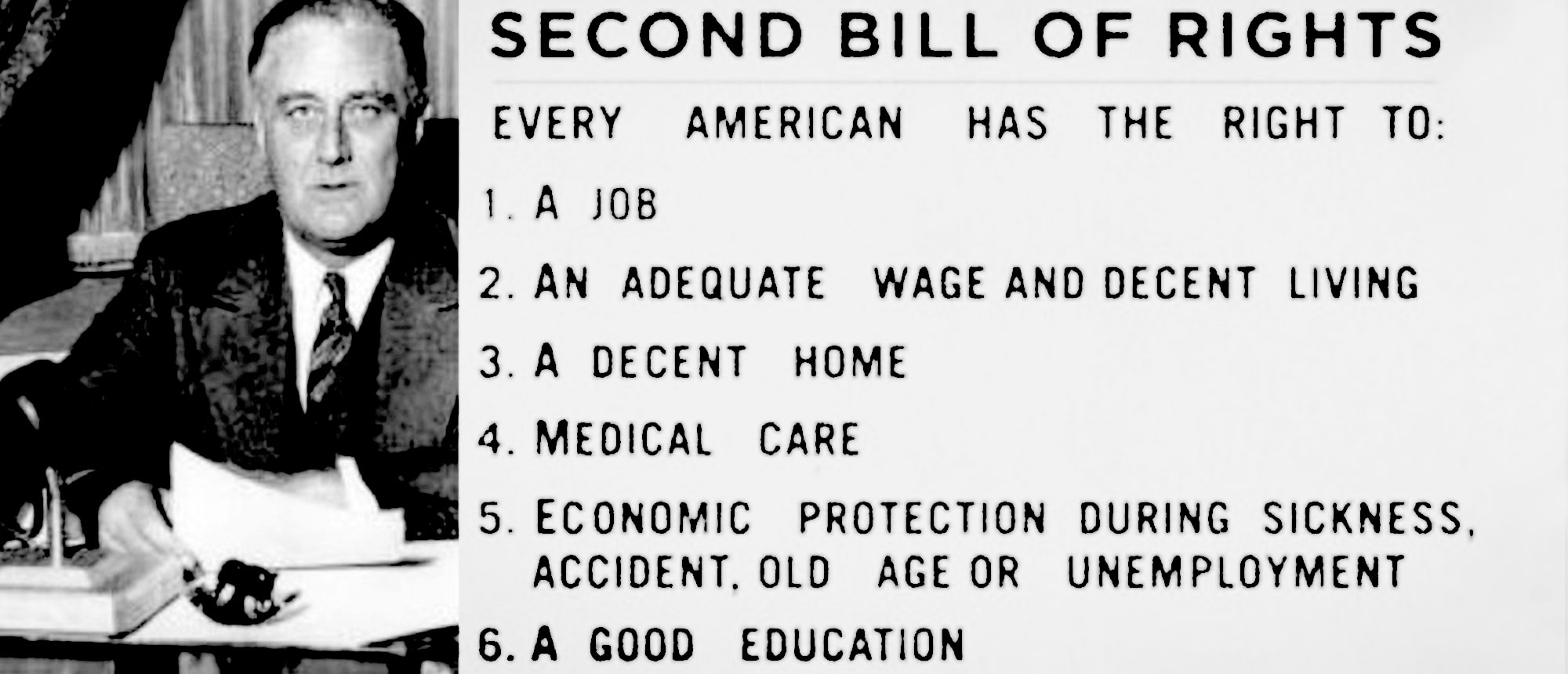
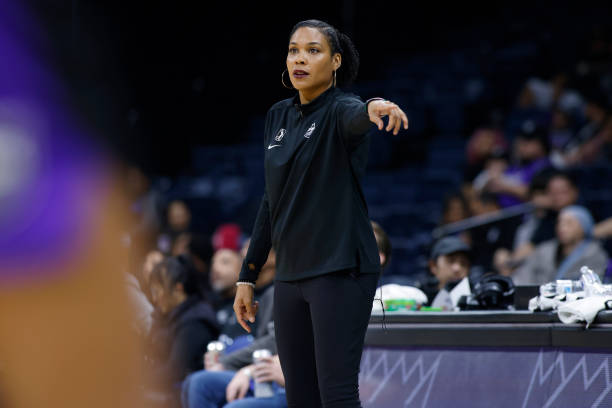
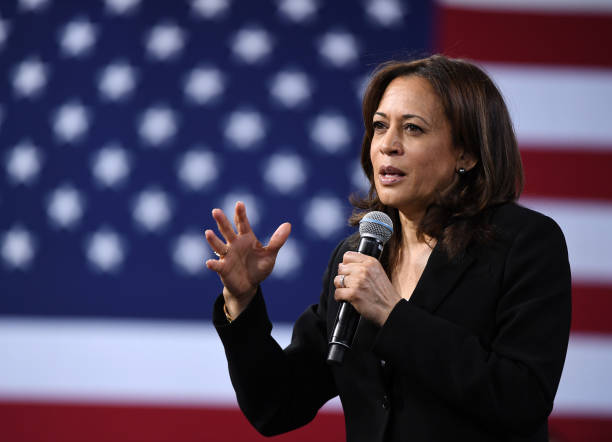
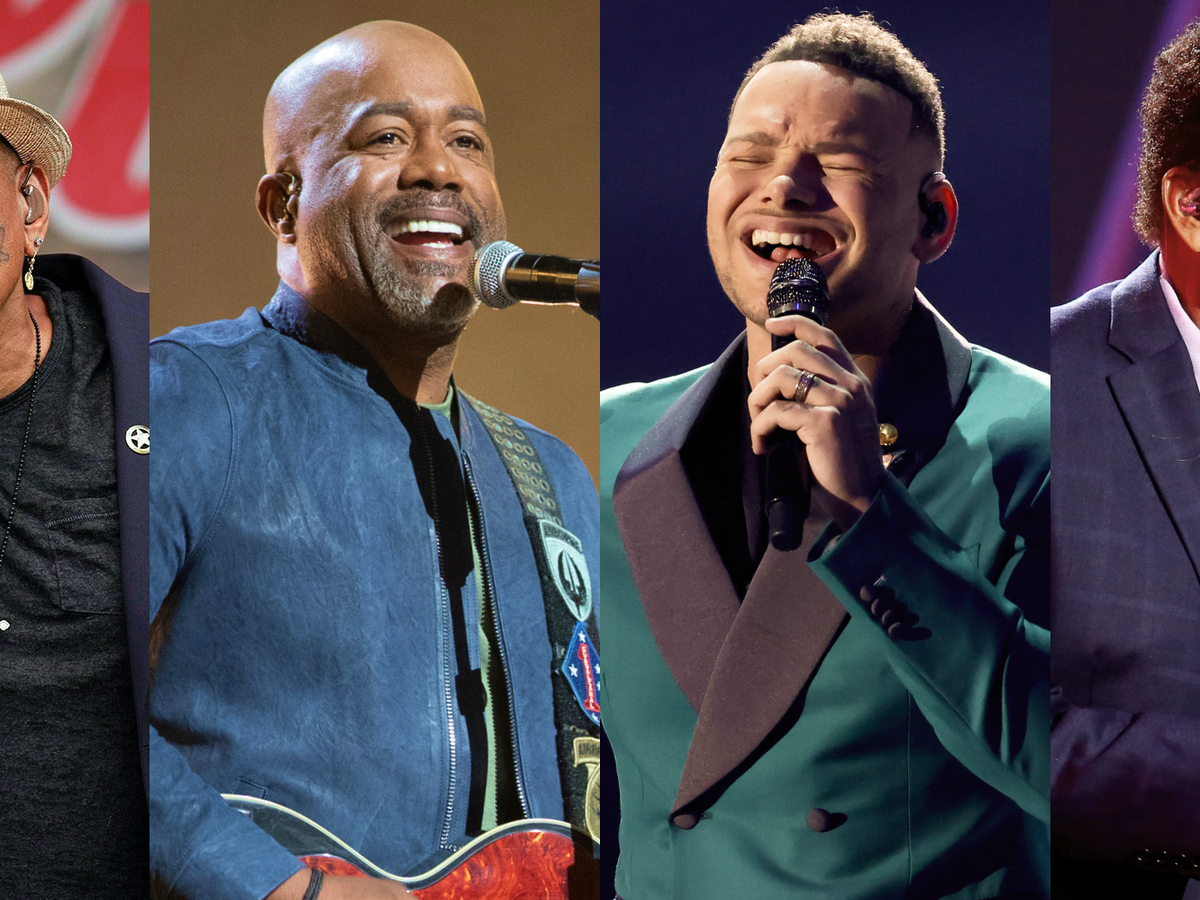
Very interesting comments and great article!
A very wide ranging, spirited piece! BlkEducation, you make a good point. However, the author did not necessarily say that our history began with our arrival in the Americas. She may have meant that that is the perspective of some in this country. Here is the quote. “Black history which began the moment African slaves set foot on the earth of the new world for some in this country seems to have abruptly ended the moment civil rights seemingly ended. . .” At any rate, you are correct. Black history begins with the origin of humanity.
I agree with you message here. Black history doesn’t end after the civil rights movement, we are still making history today. However, your point that Black history began “when African slaves set foot on the earth of the ‘new world'” is not correct in my eyes. Our history started in Africa before white oppression arrived on our shores. No, you may not be able to trace your lineage to the exact country in Africa from which you descend, however, you do know you are African. Learning the history that occurred before all people of the Diaspora were oppressed is essential to the unification of our people. Let’s not think of ourselves as Black people in America who are removed from our true heritage. Let’s embrace that heritage and start teaching it in our schools. Let’s revive the Pan-African movement.